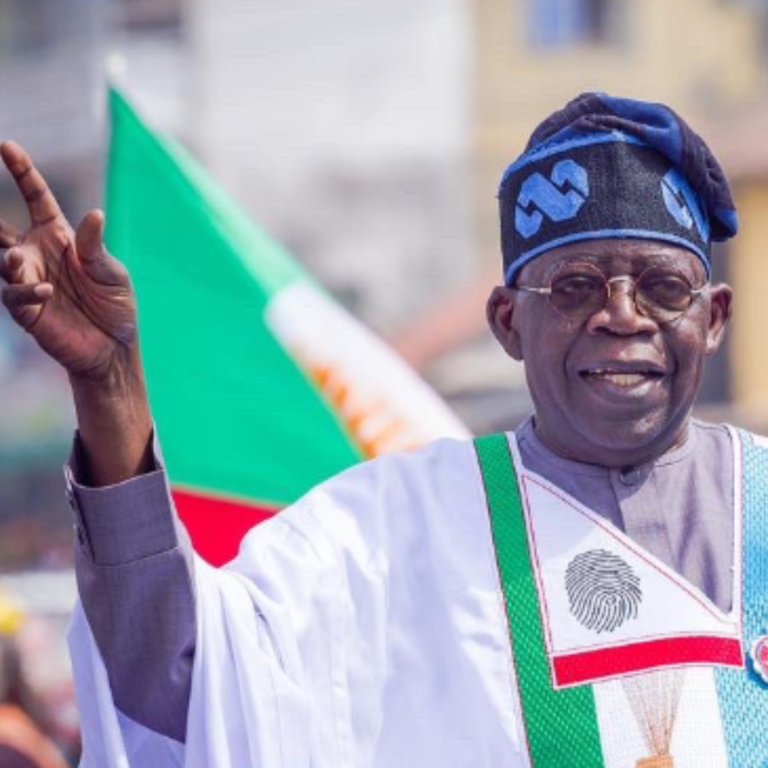For many elected senators of the tenth National Assembly, it’s crunch time. Winning the national elections held on February 25, 2023, was just one hurdle. Now it’s time to fight for the Senate presidency and other principal offices like the Majority Leader and Chief Whip.
It’s customary for the Senate President to come from the party with majority control of both chambers. And the All Progressives Congress (APC) has 57 seats in the House of Senate for the tenth assembly. However, there’s already a lot of talk about how this seat will be zoned.
The former minister of Mines and Steel Development, Hon. Abubakar Bwari, believes that the new Senate President should come from North-Central so the economic and insecurity problems plaguing the region will be adequately addressed.
And some members of the APC believe the seat is likely to go to the South-East to ensure an inclusive government.
However, before we proceed, how exactly is the Senate President elected?
Steps involved in choosing a Senate President
The eligibility is determined
The Senate comprises 109 senators, but not everyone can contest for the Senate president seat. A standing order exists that gives preference to senators based on the following:
- Returning senators
- Senators who were former members of the House of Representatives
- First-time senators
Nomination
Senators nominate their colleagues to be president of the Senate.
Acceptance
It’s not enough that you’re nominated; you must also accept the nomination in front of the Senate. Once this is done, the Clerk declares the elected Senator as President of the Senate. However, this is if there’s one nominee only.
Election
In cases with more than one nominee, an election will be conducted by either electronic or secret ballot, where each senator will be given a ballot paper to cast their vote.
The winner is declared
After votes are cast, the Clerk of the National Assembly announces the senator’s name with the highest number of votes as the winner and new Senate President.
For the tenth assembly, it’s still unclear what region the senate president’s seat will be zoned to. Still, we can make some predictions by looking at the makeup of the National Assembly’s leadership to past Nigerian presidents.
1999-2003
In 1999, Nigeria had its first democratic president, Olusegun Obasanjo, from the South West, and the vice president, Atiku Abubakar, from the North East. The Senate President, Evan Enwerem, came from the South East; however, in 1999, he was impeached over allegedly falsifying his name.
Evan was replaced by Chuba Okadigbo from the South-South, who was impeached in 2000 on corruption charges and replaced by Anyim Pius Anyim from the South East.
The Speaker of the House of Representatives was Salisu Buhari from the North West. But he resigned from office on allegations of certificate forgery and was replaced by Ghali Umar Na’Abba, also from the North West.
2003-2007
In 2003, the president and vice won their re-election bid, but the Senate President and Speaker of the House of Representatives were changed.
Adolphus Wabara from the South East became the Senate President from 2003 to 2005 till he resigned for being involved in a bribery scandal. He was replaced by Ken Nnamani, also from the South East.
Although the House of Representatives had a new speaker, Aminu Masari, the zoning remained in the North West.
2007-2011
2007 was another election year that produced a president from the North West, Umaru Musa Yar’Adua. And his vice, Goodluck Jonathan, was from the South-South. Goodluck eventually became president in 2010 following the demise of Yar’Adua.
This year, the Senate President, David Mark, was from the North Central, and Nigeria got its first female Speaker of the House of Representatives, Patricia Etteh, from the South West.
Unfortunately, Patricia was involved in a corruption scandal that caused her to resign. She was replaced by Dimeji Bankole from the South West.
2011-2015
Goodluck Jonathan contested and won the presidential election with Namadi Sambo, from the North West as his vice president.
David Mark retained his position as Senate President, but the Speaker of the House of Representatives was replaced by Aminu Tambuwal from the North West.
2015-2019
After defeating Goodluck Jonathan in the presidential election, Muhammadu Buhari from the North West became the president, alongside Prof. Yemi Osinbajo from the South West as his vice.
This year, the Senate President was Bukola Saraki from the North Central, and Yakubu Dogara, from the North East, became the Speaker of the House of Representatives.
2019-2023
President Buhari won his re-election bid in 2019, but Ahmed Lawan, also from the North East, became the Senate President and Femi Gbajabiamila from the South West became the Speaker of the House of Representatives.
If this pattern is to be followed, the next Senate President is likely to be from the South, and potential candidates are:
Godswill Akpabio
This former governor of Akwa Ibom state is no stranger to the Senate as he was the former minority leader. He has already expressed interest in the seat, and it’d be interesting to see how things play out in the coming weeks.
Adams Oshiomhole
Despite his political history, Adams Oshiomole will be a first-timer in the Senate. However, his supporters believe that the time spent in the Senate shouldn’t determine the candidate for the senate seat and that he has the experience needed to work well with Nigeria’s president-elect, Tinubu.
David Umahi
He’s the current outgoing governor of Ebonyi state who defected to APC to contest for the presidential ticket in the primaries.
He stepped down for Tinubu, but now his sights are set on the seat of the Senate President.
Orji Kalu
This former governor of Abia state joined the Senate in 2019 and is currently its Chief Whip. He was re-elected in the national elections held on February 25, 2023, and believes that for inclusion, the seat of the Senate president will be zoned to be South East, which makes him a favourite.
The tenth National Assembly will be inaugurated on June 11, 2023, so we still have much to look forward to as the story unfolds even more.
Nevertheless, on March 18, 2023, the gubernatorial elections will be held across the country in less than two days. We’ll be bringing you live election coverage and fact-checks to avoid misinformation.
To get live updates, join us on how WhatsApp by clicking the image below:




